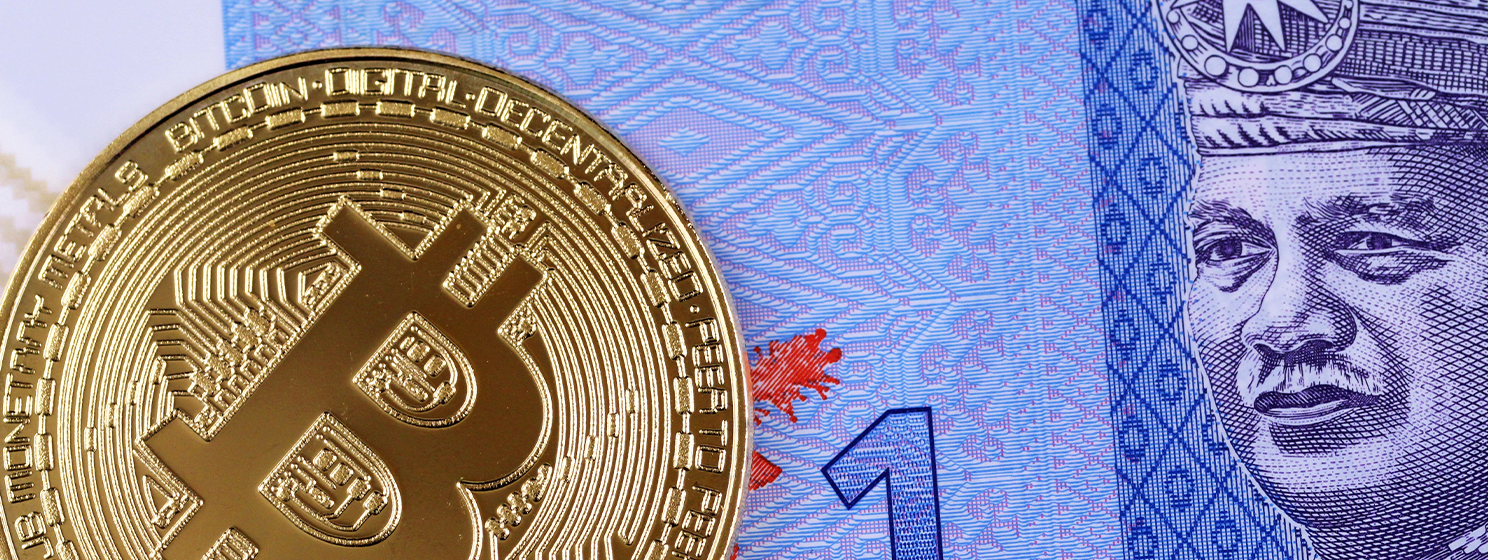|
Getting your Trinity Audio player ready...
|
SWIFT connects more than 11,000 financial institutions in 200 countries, so announcing it will trial digital currency and asset transactions is a big deal.
The global messaging system used by banks and other financial institutions aims to address the problem of “digital islands” and connect the established networks with new, emerging ones.
The 2025 trial will enable European, North American, and Asian firms to transact interchangeably with emerging digital assets and currency types. In preparation, SWIFT has begun exploring how to interlink traditional financial systems with bank-led networks.
SWIFT is finally catching up
For years, SWIFT has been ridiculed as slow, outdated, and unwilling to adapt to the times. Even though SWIFT does not conduct transfers, acting merely as a messaging system between banks, it still takes 1-2 business for messages and the associated payments to be settled.
By contrast, scalable blockchains like BSV can process one million transactions per second with global settlement in around 10 minutes. Furthermore, whereas internal bank transfers conducted via SWIFT may cost hundreds of dollars, digital currencies transferred over networks like BSV will have a transaction fee of a fraction of a cent, no matter the transfer value.
News like the 2025 SWIFT trials and other moves, such as its participation in Project Agora, indicate that SWIFT is finally moving into the new age of digital payments.
Indicating as much, SWIFT’s Chief Innovation Officer, Tom Zschach, said,“As new forms of value emerge, our intention is to continue offering our community the ability to seamlessly make and track transactions of all kinds of assets – using the same secure and resilient infrastructure that is integral to their operations today.”
Can SWIFT remain relevant?
As CBDCs, stablecoins backed by provable reserves (see MNEE), and other tokens representing value continue to be minted and transferred on public, permissionless blockchains, can SWIFT remain relevant to its existing client base?
At least for a little while. Large banks and financial institutions have proven hesitant to fully embrace and integrate public blockchains and digital ledger technology, preferring private ledgers they control.
Such measures are futile and akin to each corporation having an intranet rather than building on the open internet. Still, as long as deep-seated misinformation exists about public blockchains, financial middlemen will defend their turf and continue to print enormous profits by charging fees.
However, it’s hard to see how systems like SWIFT and correspondent banks won’t become increasingly irrelevant in the long run. As peer-to-peer transactions catch on and a new generation becomes familiar with them, banks will lose their grip on international payments. Messaging systems like SWIFT will seem unnecessary when time-stamped records of each transaction are visible to everyone on the public ledger.
With projects like mBridge making instant settlement of CBDCs a reality and public blockchains like BSV making global peer-to-peer payments of virtually any size possible, it’s difficult to see how dinosaurs like SWIFT will matter on the multi-decade time horizon.
Nonetheless, it’s encouraging to see old, established financial players embrace change and attempt to modernize. If nothing else, it will educate decision-makers about how blockchains and DLTs work and what innovation is possible.
Watch: Adaptable blockchain system to tackle real-world problems

 02-21-2026
02-21-2026 




